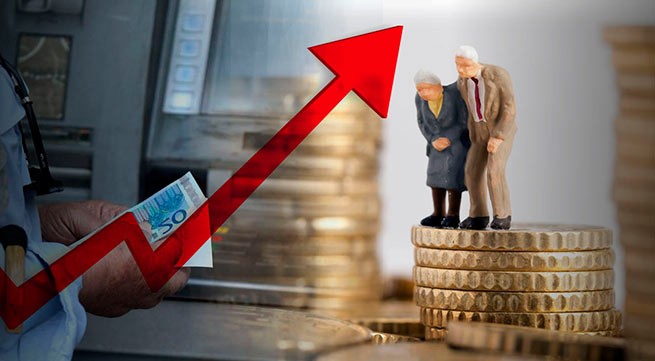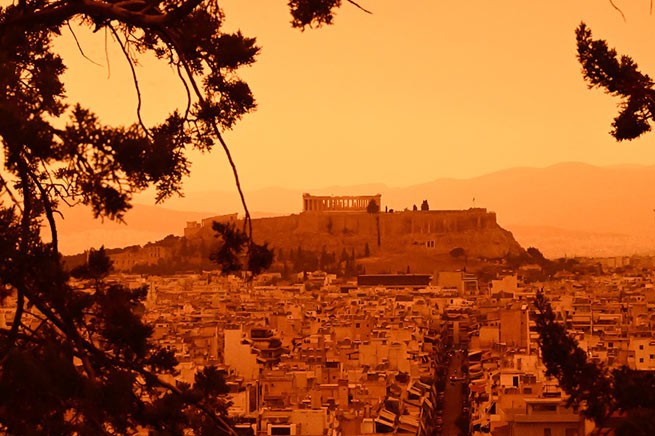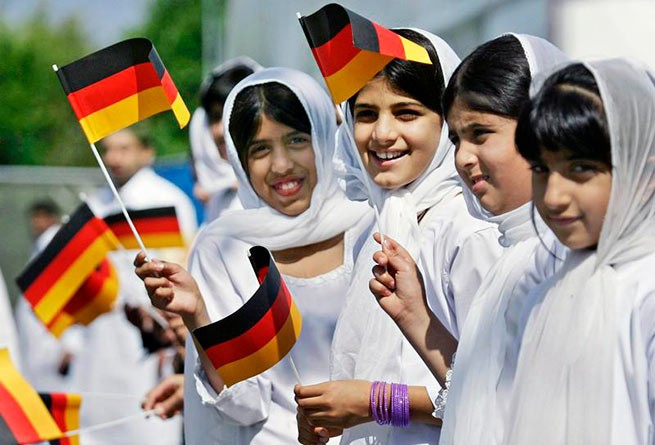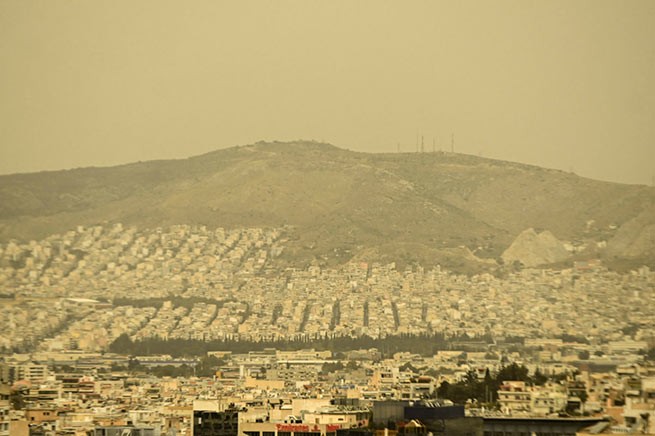President Vladimir Putin has appointed ex-State Duma deputy and ex-Crimean prosecutor Poklonskaya as Russia’s ambassador to Cape Verde. Kiev demanded her extradition. In the meantime, the crux of the matter, the authorities of the island state, located 620 km from the coast of Africa, extradited Venezuelan special envoy to the African Union and businessman Alex Saab at the request of the United States, Reuters reports.
He is accused of laundering $ 350 million through the US financial system in favor of the Venezuelan government. The businessman was detained last June on the island of Sal during a joint operation by Interpol and the Cape Verdean intelligence services. It happened at the airport when a private jet on which Saab was traveling from Venezuela to Iran, landed for refueling.
Immediately after his arrest, the Venezuelan government hastened to announce that Saab is a Venezuelan diplomat on a “humanitarian mission” in Iran, and has repeatedly demanded his release. The businessman’s lawyers called the US charges “politically motivated” and claimed diplomatic immunity. Nevertheless, in the spring of 2021, the Cape Verdean Supreme Court granted the US request, but the final decision remained with the government.
The Cape Verdean authorities have decided to extradite the diplomat whose extradition Washington demanded. At the same time, there is no bilateral extradition treaty between Cape Verde and the United States, and the diplomat had a fairly high status as Venezuela’s representative to the African Union. True, Maduro appointed Saab to this position only in December 2020, after his arrest.
The Air Force calls Saab a figure close to Nicolas Maduro, Venezuela’s president. The US Department of Justice accuses the entrepreneur of organizing corruption schemes. Washington is sure that Maduro is also involved. But here it is worth paying attention to the purpose of Saab’s mission – Iran. Tehran and Caracas, disregarding US sanctions, maintain close contacts on the development of the oil industry.
For example, in September, Reuters reported on an agreement between these countries to exchange Venezuelan heavy oil for Iranian condensate, which is used in the oil and chemical industries. Iran is making plans to sell oil from Venezuela to Asia. And the Pentagon at the end of last year announced that Iran sent weapons and military to support the Venezuelan president.
So, against the backdrop of all this, the arrest and extradition to the United States of a high-ranking emissary of Venezuela is a rather serious signal to the Bolivarian Republic regime. But Maduro did not remain in debt either. Last Sunday, the Venezuelan authorities announced that they were stopping the dialogue with the opposition; the Venezuelan leader considers it a pro-American fifth column.
The Russian Ministry of Foreign Affairs, represented by Nikolai Lakhonin, Deputy Director of the Department of Information and Press of the department, called the situation “egregious”:
“In Washington, apparently, they decided to go to a new level, creating a disastrous precedent for the extradition of an authorized person with diplomatic status. We strongly condemn these actions, the politicized background of which raises no doubts. “
Anatoly Kapustin, specialist in international law, first deputy director of the Institute of Legislation and Comparative Law under the Russian government, notes a gross violation of international law:
“Even if this person is not a diplomat in Cape Verde, he is the representative of Venezuela to the African Union. The conventions on the privileges and immunities of the Union apply to representatives of third states who are at the governing bodies of the AU. Cape Verde, as a member state of the African Union, is obliged to abide by these conventions.
In any case, there are no grounds for detention, let alone extradition of a representative of Venezuela. There can be only one exception – if the crime committed by an official or diplomat falls under the statute of the UN International Criminal Court. It is about responsibility for gross violations of humanitarian law: crimes against humanity, aggression, genocide, but violation of the rules and customs of war. “
Fedor Lukyanov, Research Director of the Valdai International Discussion Club, comments on the situation:
“Probably the logic of the Americans is as follows. The United States, as you know, does not recognize Maduro as the legitimate president of Venezuela. As we remember, there was an attempted coup; another president, Juan Guaido, was recognized. It didn’t work out for him, no one really remembers him anymore. Nevertheless, the fact that Maduro is not considered legitimate remains. Consequently, the United States does not recognize the statuses that this government gives. “
And what about Poklonskaya? After her appointment, Ukraine turned to the authorities of Cape Verde, accusing the former Crimean prosecutor of high treason, and “raised the issue of criminal activities” of the new ambassador related to the entry of Crimea into Russia in 2014. Oleg Nikolenko, a spokesman for the Ukrainian Foreign Ministry, said: “You won’t be able to hide even in Africa.”
However, the Russian Foreign Ministry recommended Kiev to try to “apply Ukrainian justice on the territory of Ukraine”, and then “take up Africa”, and reminded about the “absolute diplomatic immunity” of Natalia Poklonskaya. The ex-prosecutor herself called the statement of the Ukrainian authorities “public disregard” of international law:
“Ukraine, as a subject of international relations, has not only rights, but also bears obligations, including the obligation to respect other countries and to act within the framework of the law. In accordance with the provisions of the Vienna Convention, the peoples of all countries from ancient times have recognized the status of diplomatic agents. “






More Stories
Greece must transfer the Patriot PAC-3 system to Ukraine with US “guarantees” against the Turkish threat
How will the confiscation of Russian assets affect the global financial system?
TikTok ban in the USA: Americans force the owner company to sell its assets